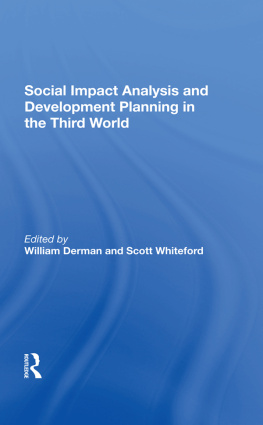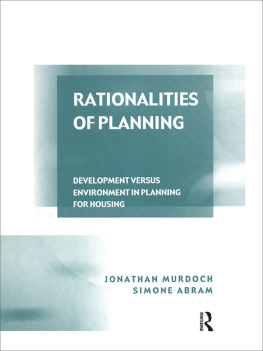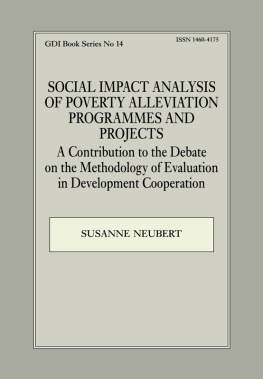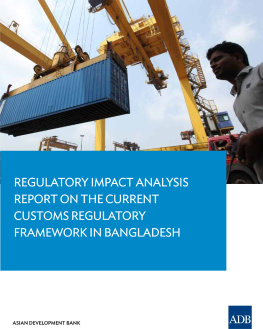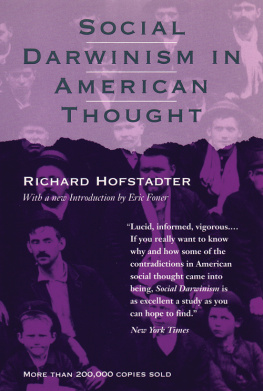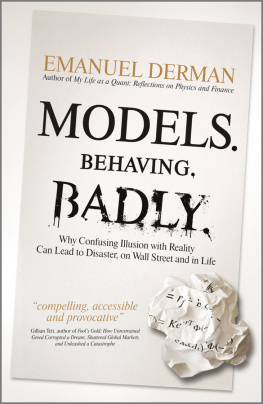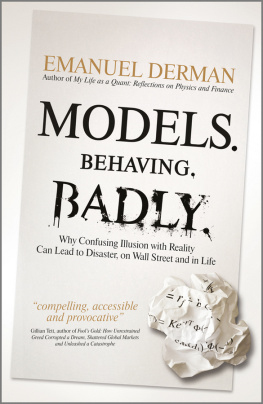Social Impact Analysis and Development Planning in the Third World
Social Impact Assessment Series
C. P. Wolf, General Editor
Public Involvement and Social Impact Assessment, edited by Gregory A. Daneke, Margot W. Garcia, and Jerome Delli Priscoli
Integrated Impact Assessment, edited by Frederick A. Rossini and Alan L. Porter
Cultural Resources: Planning and Management, edited by Roy S. Dickens and Carole E. Hill
Environmental Mediation: The Search for Consensus, edited by Laura M. Lake
The Socioeconomic Impact of Resource Development: Methods for Assessment, F. Larry Leistritz, Steven H. Murdock, and Rita R. Hamm
What Happened to Fairbanks? The Effects of the Trans-Alaska Oil Pipeline on the Community of Fairbanks, Alaska, Mim Dixon
Women and the Social Costs of Economic Development: Two Colorado Case Studies, Elizabeth Moen, Elise Boulding, Jane Lillydahl, and Risa Palm
The ELF Odyssey: National Security Versus Environmental Protection, Lowell L. Klessig and Victor L. Strite
Social Impact Assessment: A Cross-Disciplinary Guide to the Literature, Michael J. Carley
Applied Social Science for Environmental Planning, edited by William Millsap
Guide to Social Assessment: A Framework for Assessing Social Change, Kristi Branch, Douglas A. Hooper, James Thompson, and James Creighton
Differential Social Impacts of Rural Resource Development, edited by Pamela D. Elkind-Savatsky
Forecasts and Environmental Decision Making: The Content and Accuracy of Environmental Impact Statements, Paul J. Culhane and H. Paul Friesema, with Janice A. Beecher
A Systems Approach to Social Impact Assessment: Two Alaskan Case Studies, Lawrence A. Palinkas, Bruce Murray Harris, and John S. Petterson
Available in paperback only.
About the Book and Editors
Although national governments and international agencies have committed vast sums of money to development, many projects have not only failed to improve the lives of the poor but in some cases have created additional social and economic problems. Such failures can often be traced to an inadequate understanding of the socio-cultural reality of the people most directly affected and to a lack of their participation in project planning, implementation, and evaluation.
In this collection of essays, scholars and practitioners from diverse disciplines examine many of the perplexing social issues of development planning from the perspective of social impact analysis. Drawing on national, regional, and local case studies, the authors demonstrate why sociocultural factors are seldom adequately understood and discuss how they can be effectively incorporated into the planning process.
William Derman is professor of anthropology and African studies at Michigan State University. He has most recently been studying potential dam impacts and irrigation projects in the Gambia River Basin. His more general interests include rural transformation, peasantries, river basin development, and West Africa. Scott Whiteford is associate professor of anthropology at Michigan State University. He has done extensive research on political economy, agrarian change, and labor migration in Latin America. His most recent research has focused on the salinization of the Colorado River and the social, political, and ecological impact of that process on northern Mexico.
First published 1985 by Westview Press
Published 2019 by Routledge
52 Vanderbilt Avenue, New York, NY 10017
2 Park Square, Milton Park, Abingdon, Oxon OX14 4RN
Routledge is an imprint of the Taylor & Francis Group, an informa business
Copyright 1985 Taylor & Francis
All rights reserved. No part of this book may be reprinted or reproduced or utilised in any form or by any electronic, mechanical, or other means, now known or hereafter invented, including photocopying and recording, or in any information storage or retrieval system, without permission in writing from the publishers.
Notice:
Product or corporate names may be trademarks or registered trademarks, and are used only for identification and explanation without intent to infringe.
Library of Congress Cataloging-in-Publication Data
Main entry under title:
Social impact analysis and development planning in
the Third World.
(Social impact assessment series; v. 12)
Includes index.
1.Rural developmentSocial aspectsCase studies.
2.Social indicatorsDeveloping countriesCase
studies.3.Developing countriesSocial conditions
Case studies.I.Derman, William.II.Whiteford,
Scott, 1942- . III.Title. IV.Series.
HN980.Z9C67 1985 307.14 84-27142
ISBN 13: 978-0-367-28754-2 (hbk)
Contents
William Derman and Scott Whiteford
Part I:
Social Impact Assessment and Development Projects
E. Philip Morgan
Charles A. Reilly
Jack Corbett
Desir Yande Sarr
Part II:
Issues of Scale and Context
Norman B. Schwartz and Kenneth W. Eckhardt
George H. Axinn and Nancy W. Axinn
Ray Funk
Part III:
Social Impacts of Development Strategies
Peggy F. Barlett and Polly F. Harrison
Kathryn G. Dewey
Peter M. Meehan and Michael B. Whiteford
Part IV:
Issues of Power; Participation, and Advocacy
Christine Obbo
Robert Stock
John M. Donahue
Ben Wisner
This volume is the product of a conference on social impact and development, a series of invited lectures on the topic, and two graduate seminars on social impact assessment As editors, we are grateful to the Midwest Universities Consortium for International Assistance, the Mich? igan State University Center for Advanced Study of International Development, and a University Tide XII Strengthening Grant for making this volume possible. Strong institutional support for the conference and publication came from Dr. Ralph H. Smuckler, dean of International Studies and Programs; Dr. David Wiley, director of the African Studies Center; and Dr. Bernard Gallin, chairperson of the Department of Anthropology, Michigan State University. The volume would not have been completed without the opportunity for support writing and editing provided by the School of American Research and the Center for U.S.? Mexican Studies at the University of California, San Diego, funded by the National Endowment for the Humanities and the Mellon Foundation.
Editing the book was a joint effort that survived long-distance communication between the editors who were in Senegal and Mexico during critical phases of manuscript preparation. The editors are listed alphabetically. From its inception, the book was a product of both editors concern for the plight of the disadvantaged, frustration with traditional development programs, and hope for the future. The volume reflects the conviction that knowledge generated and shared by people involved in projects can make a difference in the outcome, but not as much as one might like.
William Derman
Scott Whiteford
William Derman
Scott Whiteford
Economic development has been a dominant goal espoused by world leaders. Pursuing a variety of strategies, governments have created development programs and projects ostensibly to achieve higher standards of living for their citizens. In many cases loans, modern technology, and ideology have been borrowed from the more highly industrialized nations in an effort to increase production and create development. The history of these efforts is etched in the growing poverty, hunger, and declining standards of living of large segments of the worlds population as, simultaneously, national military establishments are expanding with new weapons systems, export agriculture is increasing, and high technology industrial parks are being built. Despite many of the growing problems, people throughout the world continue to see the government as the mechanism for bringing about development.

